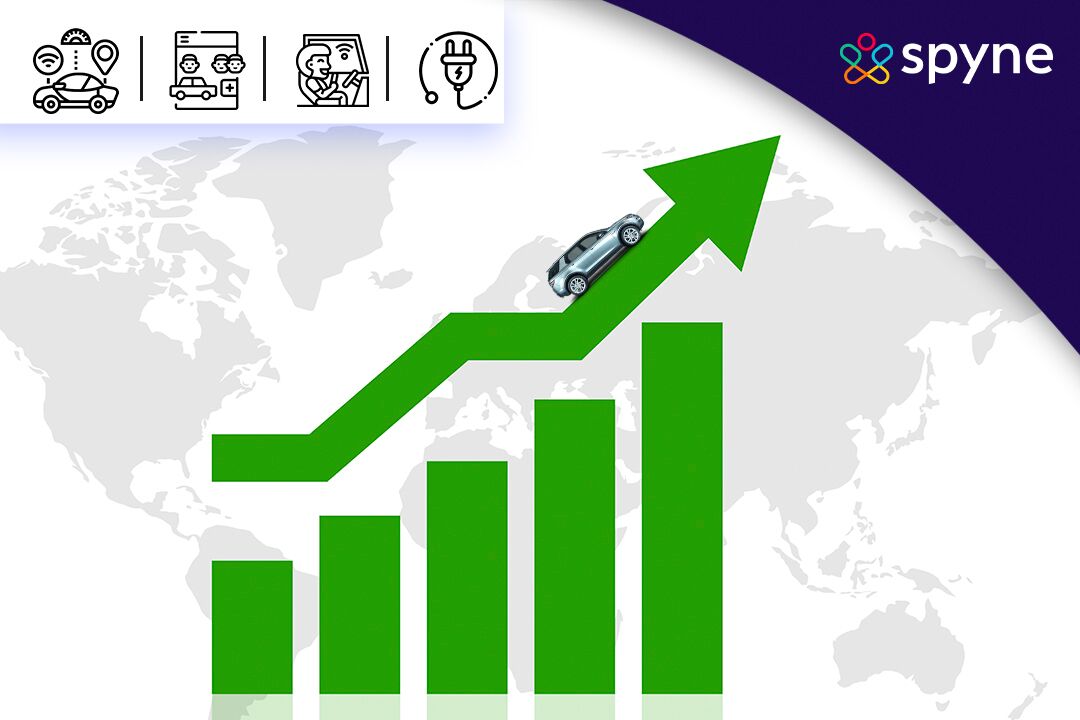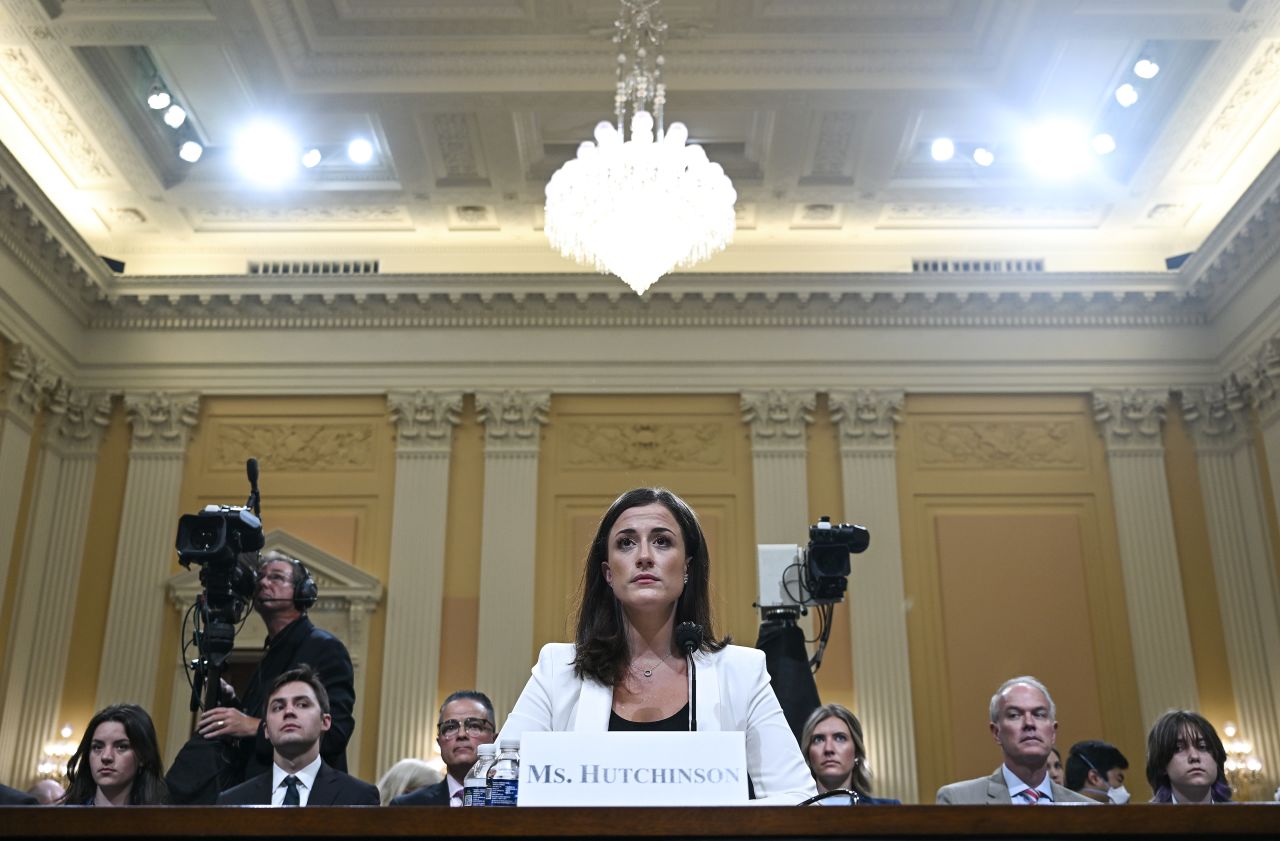BMW And Porsche's China Challenges: A Growing Trend In The Auto Industry

Table of Contents
China's automotive market is booming, with luxury car sales experiencing exponential growth. However, even giants like BMW and Porsche face significant hurdles in this rapidly evolving landscape. This article will explore BMW and Porsche's China challenges, demonstrating how these difficulties represent a wider trend impacting international automakers vying for dominance in the world's largest automotive market. The challenges go beyond simple competition; they encompass navigating a complex regulatory environment, adapting to shifting consumer preferences, and understanding the cultural nuances of a diverse market.
Intensifying Competition from Domestic Chinese Brands:
The rise of domestic Chinese brands is a major challenge for established luxury players like BMW and Porsche. These homegrown automakers are rapidly gaining market share, leveraging technological innovation and aggressive pricing strategies.
Rise of Local Competitors: Chinese electric vehicle (EV) manufacturers like Nio, Xpeng, and BYD are disrupting the market with advanced technology and competitive pricing. These brands are not just offering cheaper alternatives; they are increasingly matching and exceeding the features offered by luxury imports.
- Nio's ET7 and ET5 offer sophisticated autonomous driving features comparable to those found in high-end BMW and Porsche models, but at a lower price point.
- Xpeng's P7 and G9 boast cutting-edge infotainment systems and impressive range, directly competing with BMW's iX and Porsche's Taycan.
- BYD, with its diverse range of EVs and hybrid vehicles, caters to a broader spectrum of consumers, putting pressure on both the luxury and mainstream segments.
- Government subsidies and supportive policies for domestic EV manufacturers further strengthen their competitive edge.
Shifting Consumer Preferences: Chinese consumers are increasingly demanding electric vehicles, prioritizing sustainability and advanced technology. Their preferences extend beyond just the vehicle itself; the entire ownership experience, including seamless digital connectivity and personalized services, is crucial.
- EV adoption in China is accelerating at an unprecedented rate, outpacing many other global markets.
- Consumer surveys consistently show a strong preference for features like autonomous driving, sophisticated driver-assistance systems, and advanced connectivity features.
- Successful brands are prioritizing personalized marketing and customized experiences to cater to the diverse preferences of Chinese consumers.
Navigating China's Unique Regulatory Landscape:
Operating in China requires navigating a complex web of regulations, posing significant hurdles for international automakers.
Complex Regulatory Environment: China's regulatory landscape is intricate, encompassing stringent emission standards, import tariffs, and increasingly complex data privacy laws.
- High import tariffs significantly increase the cost of importing vehicles, impacting profitability and competitiveness.
- Meeting China's stringent emission standards requires significant investment in research and development and adaptation of vehicle technology.
- Navigating the bureaucratic processes for licensing and approvals can be time-consuming and challenging.
Supply Chain Disruptions and Geopolitical Factors: The global supply chain has been significantly impacted by various factors, leading to disruptions in the availability of parts and materials for automakers operating in China.
- The ongoing semiconductor chip shortage continues to affect production schedules and vehicle availability.
- Geopolitical tensions and trade disputes can lead to disruptions in the supply of crucial components.
- Effective risk management strategies are crucial for mitigating these supply chain challenges.
Marketing and Branding Challenges in a Diverse Market:
Successfully marketing luxury brands in China requires a deep understanding of the country's diverse culture and regional preferences.
Cultural Nuances and Localized Marketing: China's vast size and cultural diversity necessitate localized marketing campaigns that resonate with specific regional preferences.
- Marketing campaigns must be tailored to reflect the unique cultural values and consumer behaviors of different regions.
- Cultural sensitivity is critical for avoiding misunderstandings and ensuring positive brand perception.
- Social media and digital marketing platforms play a significant role in reaching Chinese consumers.
Building Trust and Brand Loyalty: In a highly competitive market, building trust and fostering brand loyalty are crucial for long-term success.
- Excellent customer service is paramount in building strong relationships with Chinese consumers.
- A robust online presence, showcasing product features and building community engagement, is essential.
- Celebrity endorsements and influencer marketing can effectively enhance brand awareness and build positive associations.
Conclusion:
BMW and Porsche's China challenges highlight the complexities faced by international automakers in this dynamic market. The rise of domestic competitors, evolving consumer preferences, and a complex regulatory landscape necessitate strategic adaptation. These challenges, however, are not unique to these two brands; they reflect a broader trend within the global automotive industry. The future success of BMW and Porsche in China depends on their ability to innovate, adapt to local conditions, and build strong relationships with Chinese consumers. What strategies do you think BMW and Porsche should adopt to overcome these challenges in the Chinese automotive market? Share your thoughts in the comments below!

Featured Posts
-
 Blue Origin Rocket Launch Cancelled Vehicle Subsystem Problem
Apr 24, 2025
Blue Origin Rocket Launch Cancelled Vehicle Subsystem Problem
Apr 24, 2025 -
 Jan 6 Witness Cassidy Hutchinson To Publish Memoir This Fall
Apr 24, 2025
Jan 6 Witness Cassidy Hutchinson To Publish Memoir This Fall
Apr 24, 2025 -
 Office 365 Hackers Multi Million Dollar Scheme Exposed
Apr 24, 2025
Office 365 Hackers Multi Million Dollar Scheme Exposed
Apr 24, 2025 -
 The Bold And The Beautiful Wednesday April 9 Recap Steffys Anger Finns Fate And Liams Plea For Secrecy
Apr 24, 2025
The Bold And The Beautiful Wednesday April 9 Recap Steffys Anger Finns Fate And Liams Plea For Secrecy
Apr 24, 2025 -
 Eu Targets Russian Gas Spot Market Phaseout Discussion
Apr 24, 2025
Eu Targets Russian Gas Spot Market Phaseout Discussion
Apr 24, 2025
